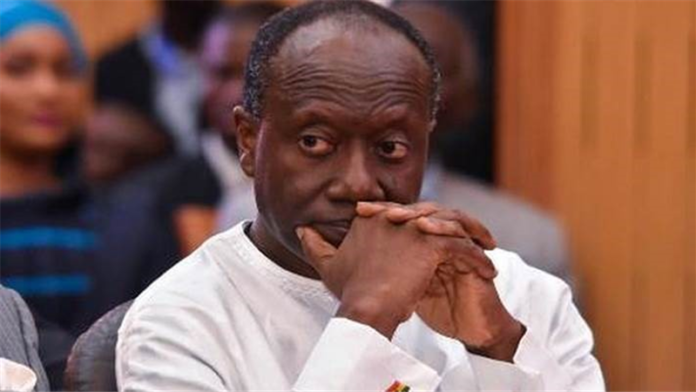In partnership with the African Population and Health Research Centre (APHRC), SEND GHANA organized a one-day, high-level forum on the theme “Sustaining Domestic Financing for Immunization and Epidemic Preparedness in Ghana: The Role of National and Local Government in the 2022 Budget and Beyond.”
The forum was attended by members of civil society organizations, academia, the Parliamentary Select Committee on Health and Local Government, Metropolitan, Municipal, and District Assemblies, District Health Management Teams, Traditional Authorities, Religious Leaders, and the media.
The objective was to discuss strategies to ensure sustained and increased annual domestic financing for immunization and epidemic preparedness in Ghana’s annual national budget statement and economic policies.
Ghana regularly experiences disease outbreaks such as cholera, influenza, meningitis, and measles, in addition to the ongoing COVID-19 pandemic, posing a major public health challenge.
Disease outbreaks lead to increased morbidity and mortality, affect the livelihoods of individuals and households, and collapse businesses. Besides the fatalities, unpredictable disease outbreaks often expose vulnerabilities in the health sector, stall economic growth, and worsen poverty and inequality.
Case in point: Ghana recorded 1,164 cases of Cerebrospinal Meningitis and 128 deaths in 2010, 153 cases and 33 deaths in 2016, and in April 2020, a total of 409 cases and over 40 deaths in five of the 16 administrative regions of Ghana.
In 2014, the country recorded a total of 28,975 cases of cholera with 243 deaths in 130 districts across all administrative regions, with the last majCi’ outbreak occurring in 2016 in the Central Region, where 787 cases were recorded.
Recently, on 29th October 2021, the Ghana Health Services (GHS) reported that they received interim laboratory results of an unusual disease, suspected to be yellow fever.
Savannah Region has led to the deaths of eight people. It is worth adding that Ghana’s geographic location, population size, and role as a trade and travel hub make it increasingly vulnerable to disease spreads.
The COVID-19 pandemic is already impacting Ghana severely. Economic development is curtailed, with GDP growth falling from 6.5% in 2019 to 1.1% in 2020 due to significant shortfalls in tax revenue and increased unplanned social and health expenditures, including the cost of preparedness and mitigation strategies.
According to the Ghana Statistical Service, 77.4% of households in Ghana experienced a decrease in income, and every other household (52.1%) reduced food consumption at the peak of the pandemic.
Notably, children suffer a great deal during moments of an epidemic outbreak. Their education, nutritional requirements, and health care, including routine immunization, are disrupted.
The weaknesses in this country’s health security, such as inadequate cold chain at the sub-district level, erratic supply of reagents for testing at the referral laboratories, delays in sample transportation to referral laboratories, low level of clinician involvement in disease surveillance activities, and low dedication to the co-financing agreement on immunization with the Global Alliance for Vaccines and Immunization (GAVI)—further exposed by the ongoing COVID-19 pandemic—result from a limited financial commitment to the health sector in general, and epidemic preparedness and immunizations in particular, through the annual national budget.
Ghana signed the Abuja Declaration to commit a minimum of 15% of its total expenditure to the health sector year on year. However, after more than 20 years of signing the agreement, the country still struggles to meet half of its target.
Indeed, budget allocation to the health sector declined from 8.2% in 2019 to 7.5% in 2021, notwithstanding the prevalence of the COVID-19 pandemic and the role of the government in mitigating its impacts.
Our national budget statement and economic policy over the years has no specific budget line for epidemic preparedness. The high case fatalities from disease outbreaks underscore a clear need for the government to prioritize domestic financing for immunization and epidemic preparedness in the budget statement and economic policy for 2022 and beyond.
Accordingly, we demand the government to consider implementing the following as the 2022 national budget process is underway.
Set aside a dedicated budget in line with international benchmarks through the annual national budget to finance immunization and Epidemic Preparedness and implementation of the National Action Plan for Health Security (NAPHS), as well as the Ghana Centre for Disease Control to respond to the threat of epidemics.
Find the fiscal space to sustain an increase in budgetary allocation to the health sector, and increase budgetary support for the expanded programme on immunization.
Broaden the COVID-19 levy to cover all vaccines, including immunization-related services and epidemic response.












































